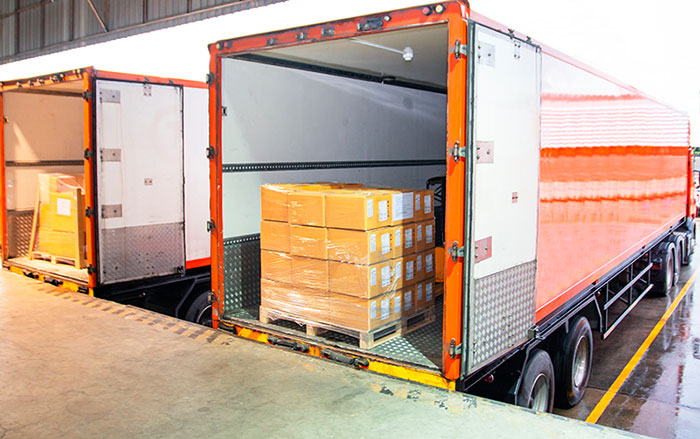Industry leaders meet to discuss the future of freight powering
With the future of the automotive industry moving towards renewable sources of energy, the debate over which renewable source will reign supreme has been raging.
And it is a valid question. Hydrogen? Electric? Biofuel? Clean diesel? All the big players have their pros and cons as to why they are the best.
This topic was brought to a head at the recent New Zealand Road Carriers’ Future of Freight breakfast seminar in Auckland.
The consensus among those in attendance was that there was no standout. Instead, the future of transport looks to be fueled by a combination of the energy resources.
Speaking at the breakfast, Hydrogen NZ chief executive, Dr Linda Wright, agreed that many renewable resources have a place in the automotive industry, but due to the abundance of renewable energy generators (solar, wind, hydro), New Zealand had the opportunity to punch above its weight as Hydrogen generators.
“We (New Zealand) won’t be transitioning from one fuel to another – we will transition to a range of solutions. It will be horses for courses,” said Wright.
“Trillions of dollars are being invested in hydrogen – the world is looking for renewable hydrogen. New Zealand can punch above our weight in this sector – we are seen as innovative, dynamic and versatile, and we have bi-partisan political agreement on the need to reduce carbon emissions which reduces the risk for investors. We need to grow our capability here and get onto the agenda of international investors.”
Meanwhile, Waste Management spokesperson Sam Donaldson believed electric trucks would be ideal for his field because the trucks stop up to 1,300 times a day, providing regeneration for the battery, and they only travel short routes before returning to base, perfect for an overnight charge.
“We are on aggressive path to electrify our entire fleet,” said Donaldson.
“This technology is perfect for what we are doing.
“Drivers love these vehicles. They have near instant torque, so they accelerate like a car. They are silent and there are no gear changes, which is important for us because we have a lot of stop start driving.”
Pieter Theron from Daimler Truck and Bus was of the opinion that the advancements in diesel technology were approaching levels where diesel power would significantly reduce carbon emissions.
“We are no designing very efficient drive trains to reduce fuel consumption by 7-10% and that correlates directly to reductions in carbon dioxide emissions,” said Theron.
“We can make further savings with telematics and driver training. We even save an additional 2% by re-designing wing mirrors – which again saves 2% of carbon emissions.
“The road to heavy EVs is long and diesel still has a job to do.”
Original source: EVtalk | Transport leaders ask: What is freight’s future?
7 Aug 2019










